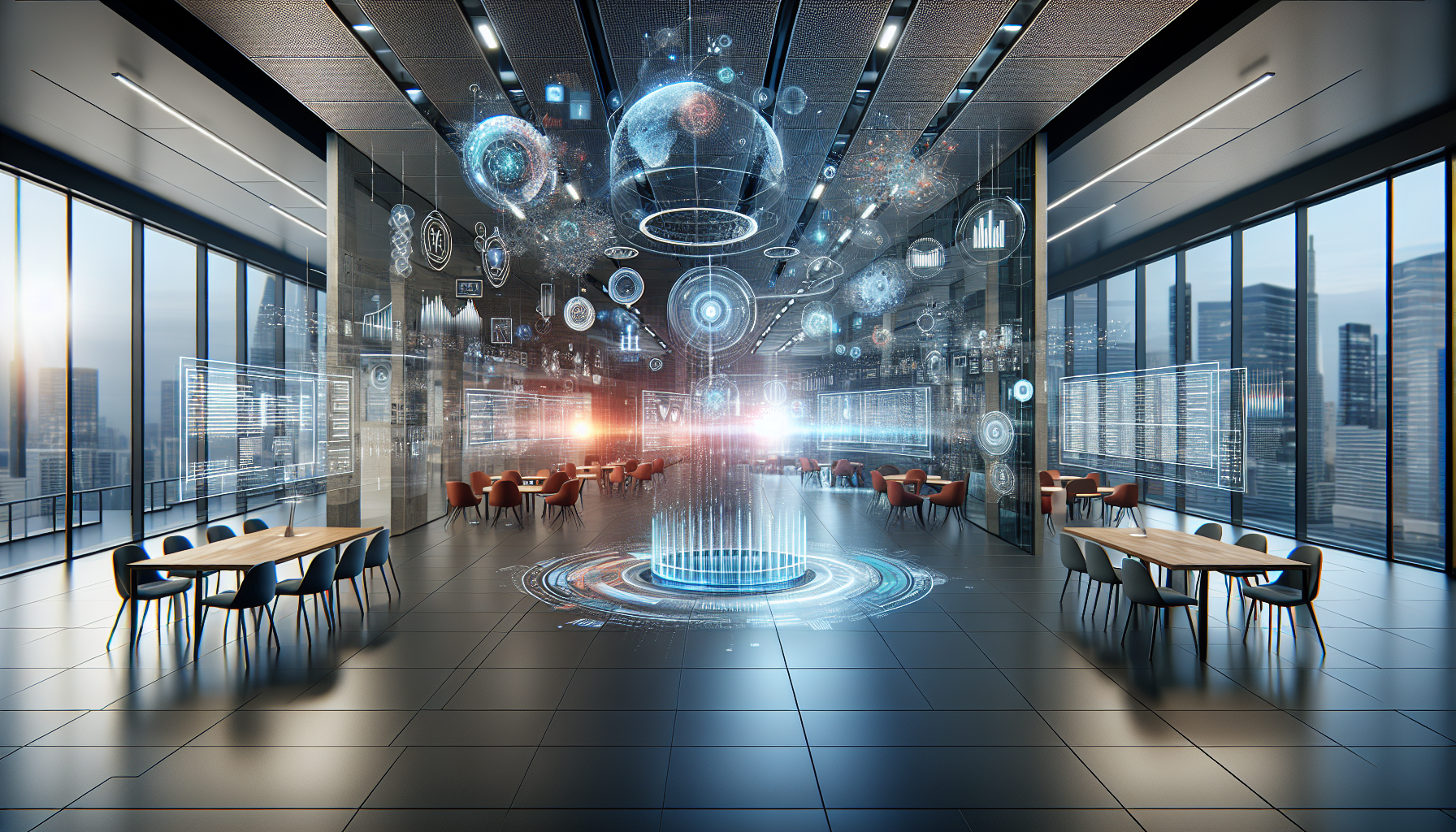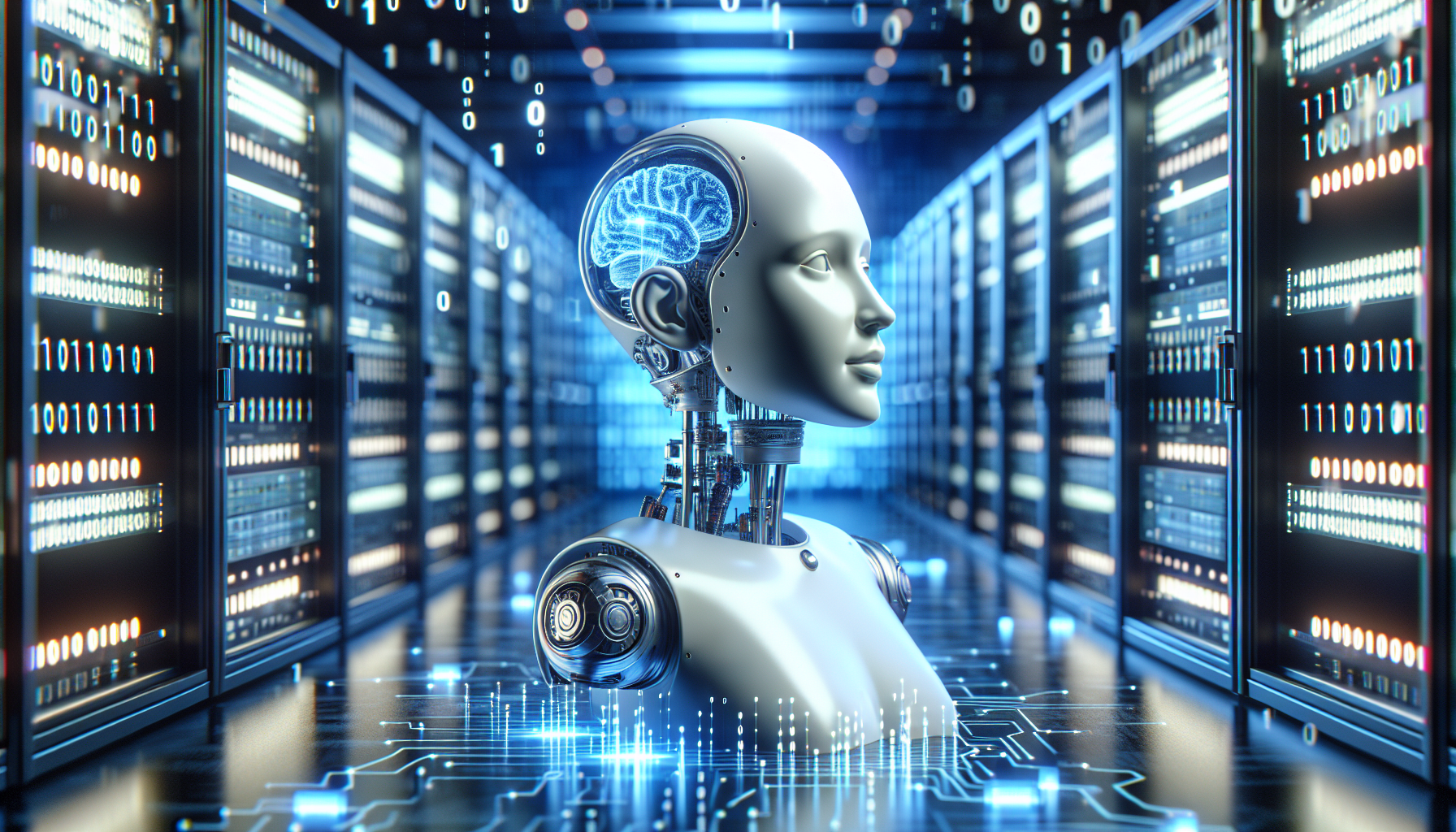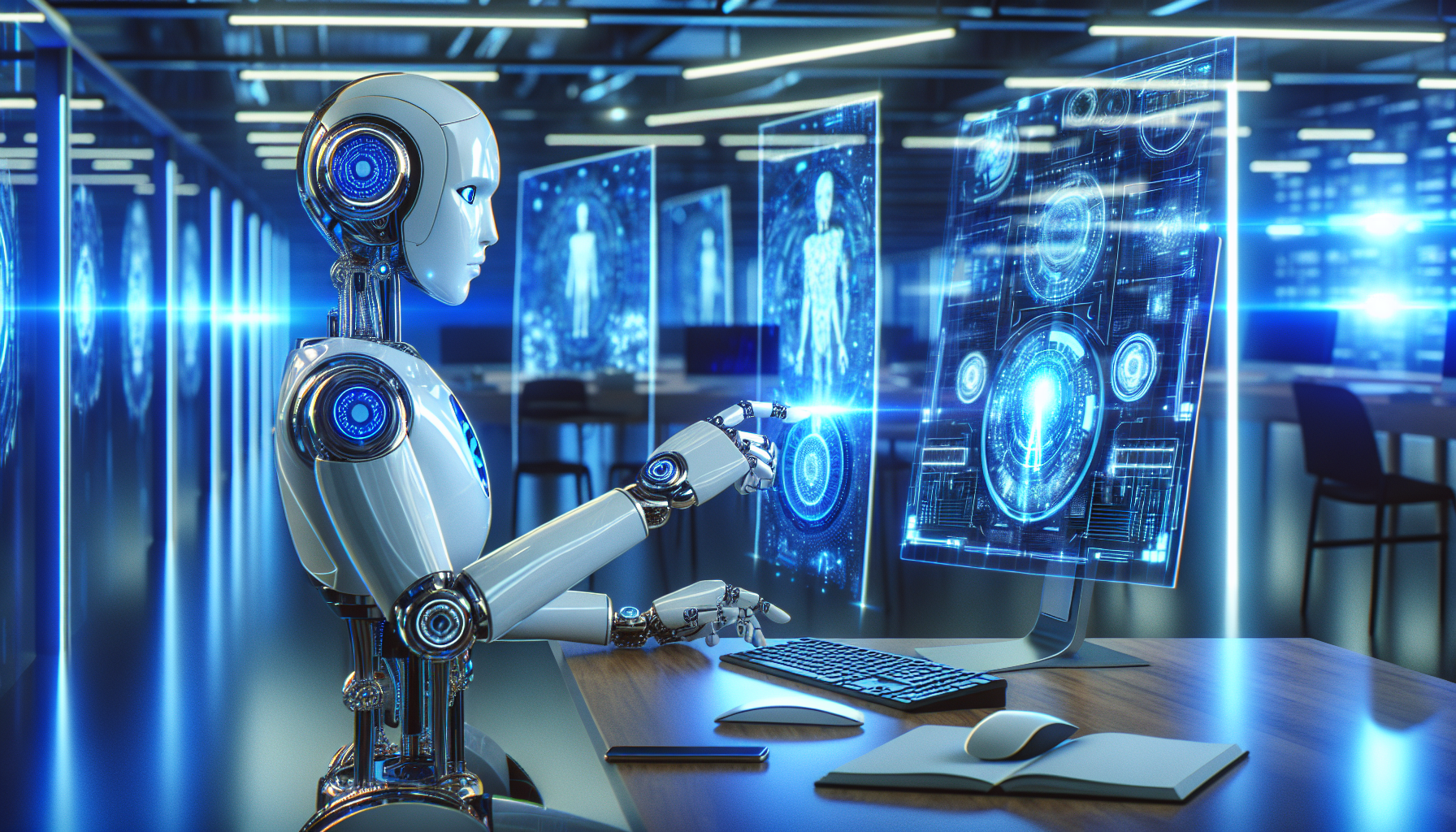
Harnessing AI for Smart Cities: A Comparative Analysis of Global Innovations
April 28, 2025
Artificial Intelligence (AI) is redefining urban living by playing a pivotal role in the development of smart cities across the globe. These technologically advanced urban centers leverage AI to enhance infrastructure, improve public services, and optimize resource management. This article delves into the comparative innovations in AI applications within smart cities, highlighting unique implementations and the technical prowess driving these transformations.
Smart cities utilize AI to address urban challenges such as traffic congestion, energy consumption, and waste management. In Singapore, for instance, AI-driven traffic management systems use real-time data to optimize traffic flow, reducing commute times and minimizing emissions. By employing predictive algorithms, these systems can anticipate congestion and suggest alternative routes, enhancing overall urban mobility. In contrast, Barcelona's approach focuses on integrating AI with its energy grid. The city uses machine learning models to forecast energy demand and adjust supply dynamically, ensuring efficient power distribution and minimizing wastage.
Another significant area where AI makes a substantial impact is waste management. Seoul employs AI-powered waste sorting robots that differentiate between recyclable and non-recyclable materials with high precision. This technology not only improves recycling rates but also reduces labor costs and human error. Meanwhile, in San Francisco, AI is used to optimize waste collection routes, ensuring that garbage trucks operate more efficiently and reduce fuel consumption.
AI's role in public safety and security cannot be overstated. In London, AI systems analyze data from thousands of CCTV cameras to detect unusual activities or potential threats. These systems employ computer vision to recognize patterns and anomalies, allowing for rapid response to incidents. On the other hand, Tokyo uses AI-based predictive policing models to anticipate crime hotspots, enabling law enforcement agencies to allocate resources more effectively and deter criminal activities before they occur.
The integration of AI in urban planning is another critical development. Amsterdam's AI platforms analyze vast datasets to inform sustainable development strategies, ensuring that new projects align with environmental goals and community needs. By simulating various urban scenarios, these platforms assist in decision-making processes, balancing growth with sustainability. Meanwhile, Dubai has embraced AI for infrastructure maintenance, using drones and machine learning to monitor the health of buildings and bridges, predicting maintenance needs before they become critical.
AI also plays a transformative role in enhancing citizen engagement. In Helsinki, AI chatbots provide residents with instant access to city services and information, facilitating communication between citizens and municipal authorities. These chatbots use natural language processing to understand and respond to queries, ensuring that residents receive timely assistance. In contrast, Toronto has implemented AI-driven sentiment analysis tools to gauge public opinion on policy decisions, allowing city officials to make informed choices that reflect the community's preferences.
Despite these advancements, the implementation of AI in smart cities is not without challenges. Data privacy remains a significant concern, as AI systems require vast amounts of personal data to function effectively. Ensuring that this data is collected, stored, and used ethically is paramount to maintaining public trust. Additionally, the complexity of integrating AI into existing city infrastructures poses technical challenges, requiring robust frameworks and skilled personnel to manage.
The comparative analysis of AI applications in smart cities reveals that while each city tailors its approach to local needs, common goals of efficiency, sustainability, and enhanced quality of life persist. As AI technology continues to evolve, its potential to revolutionize urban environments grows, prompting cities worldwide to explore new possibilities.
In contemplating the future of AI in smart cities, one might ask: How will these technological advancements reshape the social fabric of urban life, and what ethical frameworks must be developed to guide their implementation? As AI becomes increasingly embedded in the urban landscape, it invites us to reconsider the relationship between technology and society, challenging us to envision a future where both coexist harmoniously.


